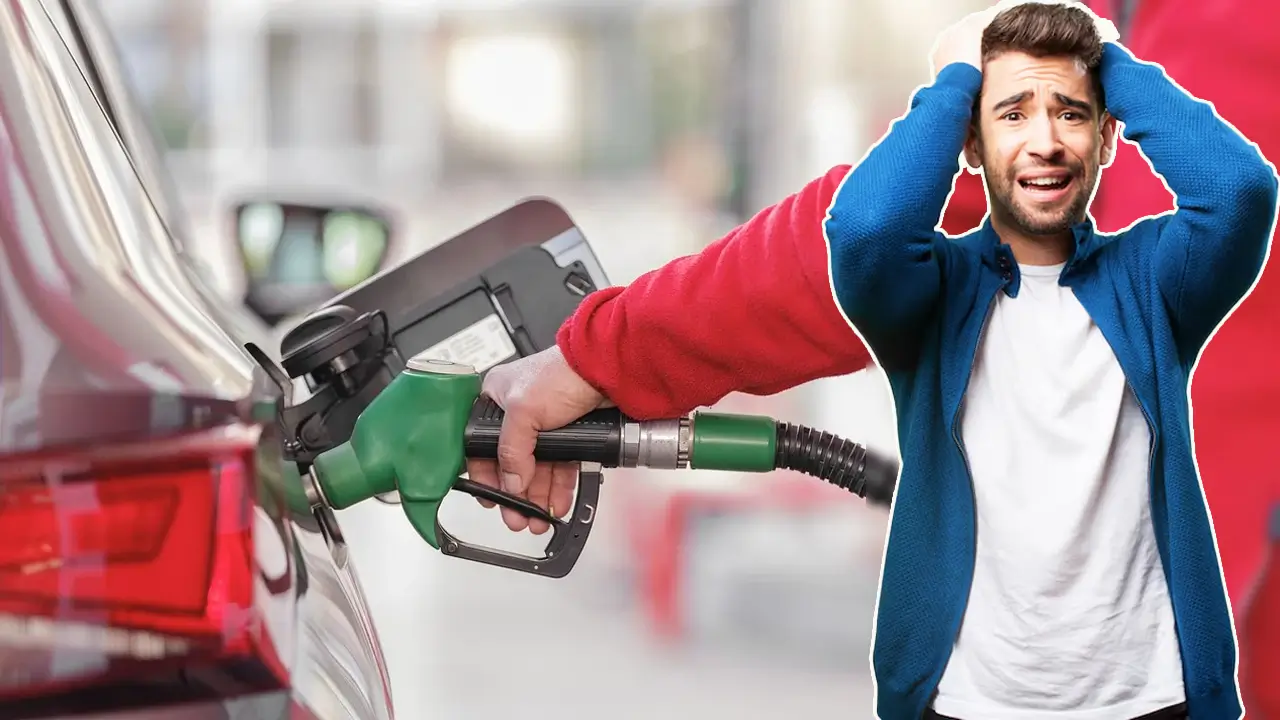The incorrect kind of fuel in your car can cause several mechanical issues and possibly expensive repairs. The performance and longevity of your car can be negatively impacted both immediately and over time by this miscalculation, which could be the result of a mistake at the gas pump or a misinterpretation of the specifications. Whether the wrong fuel is diesel in a gasoline engine or gasoline in a diesel engine will have different specific effects, but both situations are dangerous and need to be handled right once.
Gasoline in a Diesel Engine
Immediate Effects
High compression is used in diesel engines, which depend on the unique characteristics of diesel fuel to run well. For diesel engines to function, diesel fuel must have a higher flash point and be less volatile than gasoline. The immediate result of adding gasoline to a diesel engine is a reduction in lubrication and a loss of appropriate combustion characteristics. The gasoline could affect the lubricating qualities of the diesel fuel, harming the injectors and fuel pump—two essential parts of the diesel fuel system.
Problems with Performance
Performance may noticeably decline after starting the engine. The engine can misfire, operate irregularly, or not start at all. When the wrong fuel is used, the regular combustion process is disrupted, which results in poor engine performance and excessive exhaust smoke. Inappropriate combustion and excessive friction from inadequate lubrication can also cause the engine to overheat.
Prolonged Damage
If gasoline is still flowing through the engine, the harm gets worse. Fuel system parts like the fuel pump and injectors, which are solely meant to handle diesel fuel, might corrode with improper fuel use over time. Gaskets and seals inside the fuel system may fail with repeated usage, which increases the risk of fuel leaks and even catastrophic engine failure. Since fixing or replacing these parts can be costly and time-consuming, it’s imperative to take care of the problem as soon as it occurs.
Things to Do
It is crucial not to start the engine of a diesel car if you discover that gasoline has been accidentally injected. Rather, get help right away from a qualified mechanic who can empty the gasoline system, clean up the parts, and replace any broken ones. Quick action can prevent additional harm and lower repair expenses.
Using Diesel in a Gas Engine
Immediate Effects
Different issues occur when gasoline is mixed with diesel fuel in an engine. Diesel fuel affects the engine’s capacity to burn the fuel efficiently since it is heavier and less refined than gasoline. Because diesel has different combustion qualities from gasoline, the first problem that arises when diesel is added to a gasoline engine is poor combustion. To burn the diesel fuel, the engine may make loud banging noises, have trouble starting, and have rough idling.
Problems with Performance
Diesel interferes with the air-fuel mixture of a gasoline engine, causing irregular engine performance. There might be a visible loss of power and acceleration, and the engine might produce a lot of smoke. Long-term use of diesel fuel in an engine can seriously block fuel injectors and harm spark plugs, which are essential for good gasoline engine ignition.
- Why Some Cars Have Disc Brakes Only in the Front – Smart Engineering or Cost Cutting?
- Wireless Android Auto & Apple CarPlay – Is It Really Worth the Hype or Just a Gimmick?
- How to Maintain a Vintage Motorcycle and Keep It Running Like New
- 10 Safest SUVs to Buy in 2025
- Is Lexus the Lowest Quality Luxury Car or a Dependable Choice?
Extreme Damage
The gasoline engine may sustain increasingly serious damage from the diesel fuel over time. Diesel fuel lacks the additives that gasoline engines need to run smoothly, which can cause sludge and carbon deposits to accumulate inside the engine. If this accumulation is not removed right away, it may clog the gasoline filters and lines and cause the engine to shut down entirely. Furthermore, using the wrong fuel can lead to corrosion in the fuel system’s components, which can result in leaks and other mechanical problems.
Whether you put gasoline in a diesel engine or diesel in a gasoline engine, filling up your automobile with the wrong kind of fuel can have dire and expensive results. Immediate consequences include subpar performance, misfiring engines, and possible harm to important parts. Even more serious long-term effects may occur, necessitating costly repairs and large expenses. It’s critical to take immediate action to reduce damage by stopping the engine and contacting a professional as soon as possible to handle the problem. By being aware of how different fuel types affect engine performance, you can help avoid mistakes like these and preserve the durability and dependability of your car.
